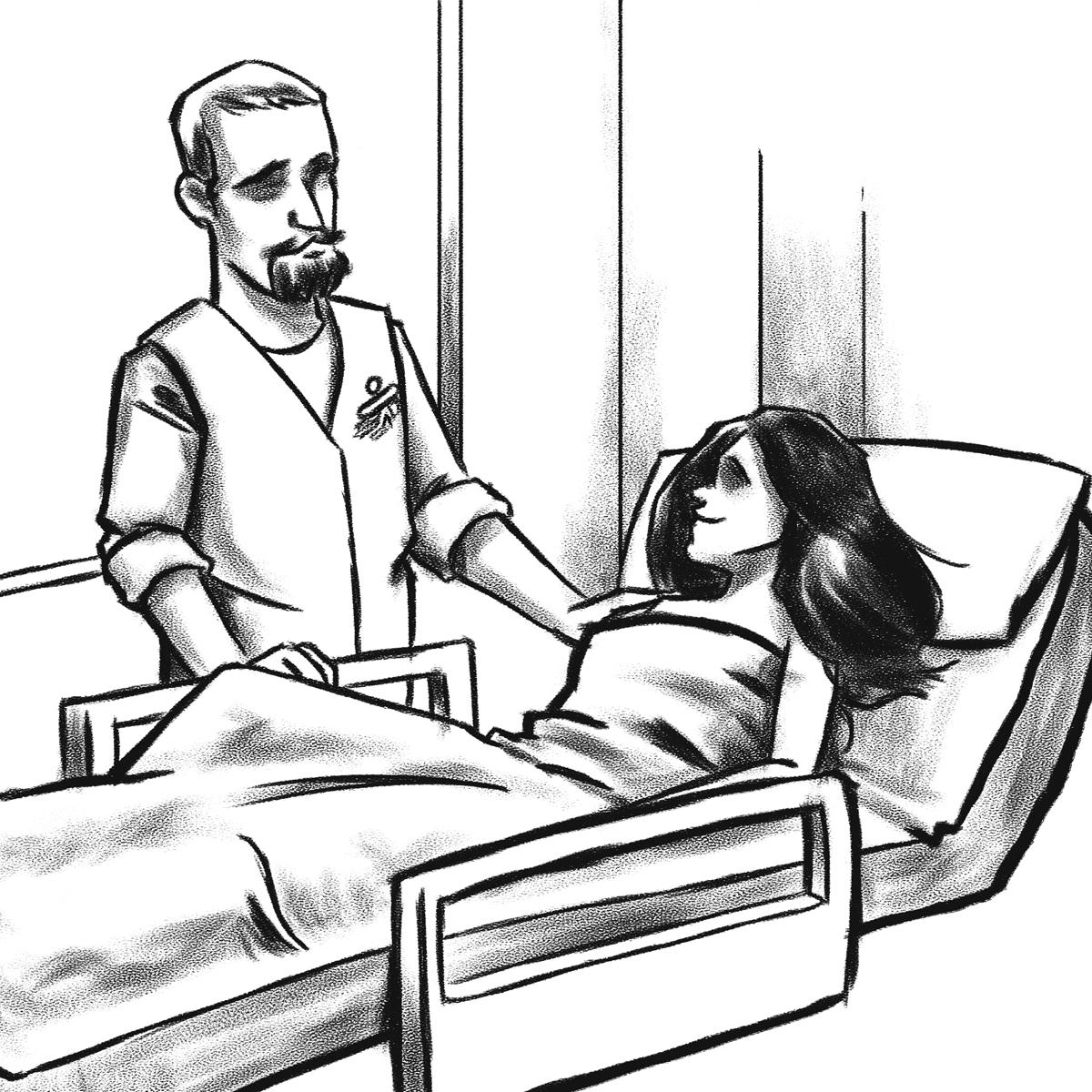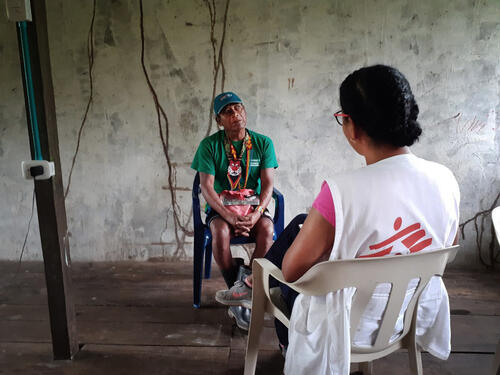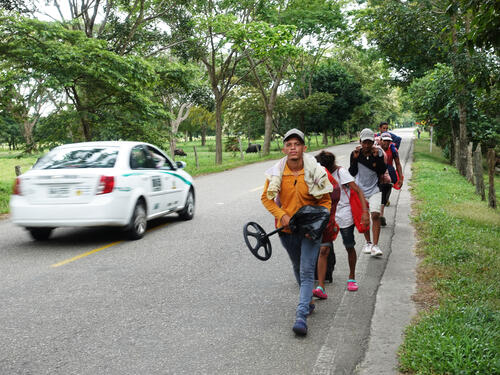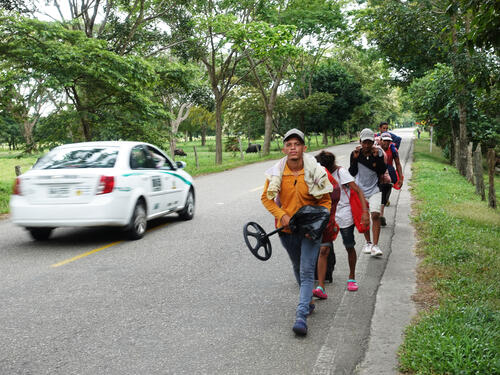- Unsafe abortions, women at risk, a new report based on data Médecins Sans Frontières (MSF) collected between 2017 and 2018 in Colombia, highlights the multiple barriers women and girls still face when seeking to end their pregnancies.
- Based on our experience in Colombia, we are calling on the country's health institutions to increase and simplify access to family planning services and ensure that comprehensive safe abortion services are available for women and girls nationwide.
- Health promotion and prevention services should be reinforced, including the legal rights of women and girls to access safe abortions.
Although abortion was decriminalised more than a decade ago, women and girls still face multiple barriers when seeking to end their pregnancies.
On the occasion of International Safe Abortion Day on 28 September MSF is releasing a report Unsafe abortion, women at risk, based on data collected during our work across Colombia. We provide terminations of pregnancy in all our projects in Colombia – in Buenaventura, Nariño, Arauca and Norte de Santander.
The evidence collected in our report indicates that women and girls seeking to terminate their pregnancies in Colombia face both social barriers and obstacles within the health sector itself. Eighty-eight per cent of the 428 patients treated by MSF in 2017-18 faced at least one of the following barriers:
1. The belief that abortion is against the law
47 per cent were unaware that they could access a free and safe abortion, and many believed that abortion was illegal.
2. Social rejection.
5 per cent had been rejected or stigmatised by family and close friends.
3. Socio-economic barriers
Women and girls from rural areas have to travel to major cities to access a safe abortion, which many cannot afford to do. Of the 143 women referred to MSF by other health institutions for a safe abortion, 103 (70 per cent) had had to travel from their homes to cities such as Cali, Medellin, Pasto and Villavicencio.
4. Rejection, stigma and ignorance within the health system
27 per cent of women who came to MSF had previously been denied access to a safe abortion in other health facilities. Many had faced verbal abuse, prejudice, breaches of confidentiality, misinformation about the law, ignorance of procedures and protocols, and delays and system failures due to a lack of trained staff or a lack of medications.
5 %
5%
47 %
47%
27 %
27%
Unsafe abortion, medical emergency
When a woman or girl is determined to terminate her pregnancy, she will usually try to do so, regardless of the safety and legality of the procedure.
Without access to safe abortion services, women and girls may put their health and even their lives at risk. The most common method is to consult an unqualified abortion practitioner or to try to carry out the termination oneself.
Many common methods are ineffective but can still cause lasting damage. Unsafe abortion is one of the five leading causes of maternal mortality worldwide and is the only one that is completely avoidable.
Based on our experience working in Colombia, MSF calls on health institutions to:
- Prevent unwanted pregnancies, by increasing and simplifying access to family planning services, with an emphasis on adolescents and on women living in poverty and in rural environments.
- Prevent deaths and consequences of unsafe abortions, by ensuring that comprehensive safe abortion services are available and accessible to women and girls across the country.
- Strengthen health promotion and prevention services, including the legal rights of women and girls to access safe abortions.






